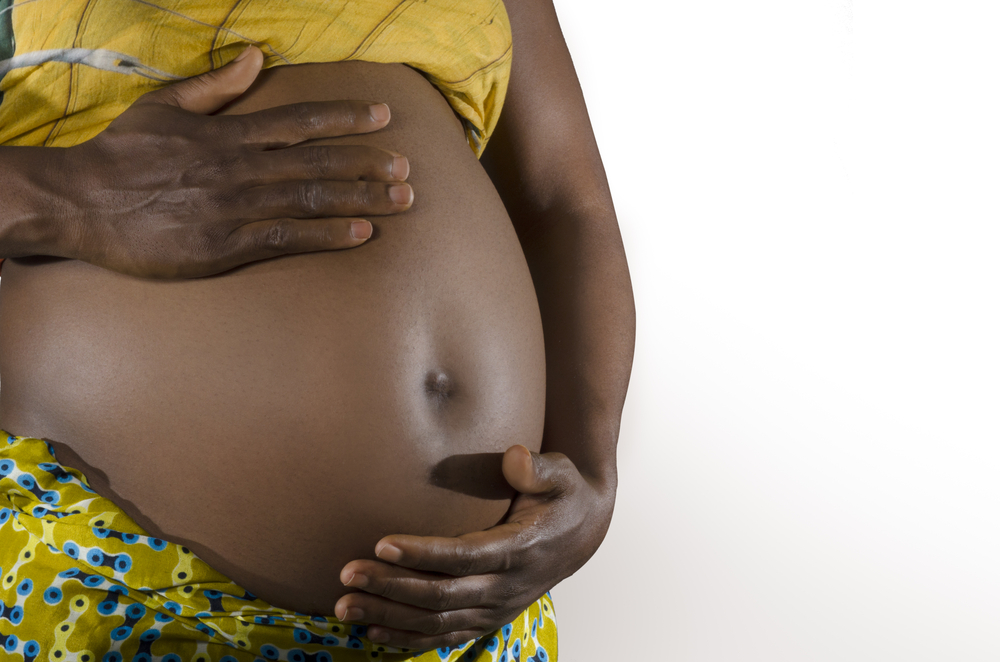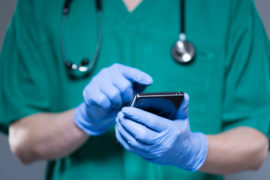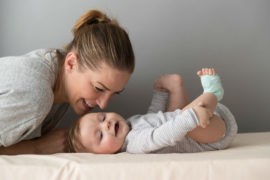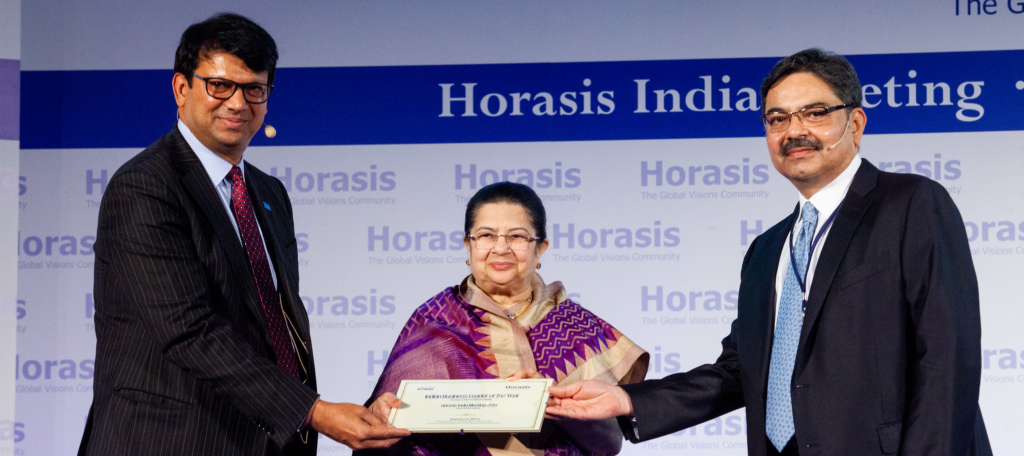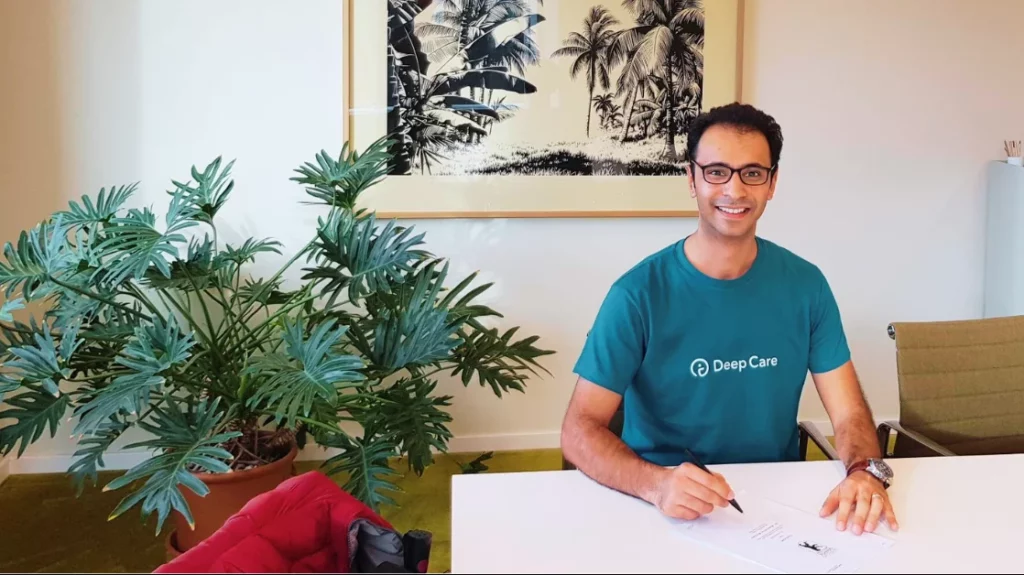More women and newborns die of causes related to childbirth every year than HIV, tuberculosis and malaria combined. Three Danish Institutions decided to combat this preoccupying figure by creating a smartphone app.
Citizens at the University of Copenhagen, the University of Southern Denmark and the Maternity Foundation created the Safe Delivery app which provides skilled birth attendants with instant access to up-to-date clinical guidelines and procedures on emergency obstetric and neonatal care.
The app provides this potentially life-saving information through animated instruction videos, action cards and drug lists, and it can be used for midwives during their training, or be used as a reference when they are in service. The app downloads the content when there is a connection to the internet, so the content is still accessible without having to depend on insecure internet coverage.
The app officially launched in 2017 after a clinical training period in Ethiopia, in which 78 clinical facilities were involved throughout the country. The results indicated that the health workers improved their skills over two-fold after working with the app for 12 months and those interviewed felt that it was very relevant to them, improving their knowledge and confidence. Findings also indicated that the app boosted the authority of the midwives, and the community treated them with more trust and confidence.
As of today, the app is being used in over 40 countries and has over 38,000 downloads. The app is being used primarily in developing countries and in 2017 they received funding to send their app to refugee camps, as well as 50 local midwives.
300,000 women and five million children die every year in childbirth or associated complications, with 99% of them occurring in low and middle-income families, state the Safe Delivery website, adding that 90% of all deaths are preventable with the presence of a skilled birth attendant.
Most mothers cannot make it to a hospital, which massively increases the chances of complications and thus rely on the workers in the health centres closest to them, which often don’t have adequate facilities. CEO of Maternity Anna Frellsen spoke to CNBC Africa about the issues in the region.
“There is not always a trained midwife in the village and maybe not even a nurse,” she said. “Therefore you send the women on because people are not able to handle the birth locally, but sending a pregnant woman who is bleeding to hospital hours away, is almost the same as sending a woman to death.”
This is worsened in times of crisis, such as among refugees who are fleeing their home country and have no access to health services.
The app was featured on Startup Europe News, who stated that the crisis in southern Sudan has caused 320,000 people to enter western Ethiopia. This makes pregnancy a dangerous state to be in, said CEO of Maternity Foundation Anna Frellsen, and the camps receive around 6,000 pregnant women every year.
“It is estimated that 60% of maternity deaths occur in humanitarian environments or during flight,” she told the startup news site. “If you do not come to pregnancy visits, you will not identify complications that can become fatal. Therefore, local midwives in refugee camps must be trained in acute situations.”
Using apps in order to help humanitarian situations is not a new idea, and as access to internet and smartphones grows across the world, its effect is growing. According to Pew research, two-thirds of the population owns a smartphone, but there is a 33% difference between emerging countries and developing countries such as those in Africa and South Asia. However, it’s true that one smartphone could be used by various different nurses to help a number of patients, and smartphone penetration is increasing every year.
There are various apps that have been created to help women with the problems exacerbated during humanitarian crises. Madapt is a health-based app aimed at refugees, and helps give free reproductive health information and services to women, and also made Shifra, which is a website that provides quality maternal healthcare in their language.
These apps help the individuals themselves, but Safe Delivery works with the midwives and nurses in hospitals and clinics to improve knowledge and skill, with the possibility of saving thousands of lives.

